– For New Medical Devices
Patients whose insurance policies don’t cover innovative new treatments are often excluded from treatments that could be beneficial because they can’t afford them. The FDA is working on approaches to minimize the delay between approval and recognition by health insurance companies for a new medical device. The agency has operated the Parallel Review program since 2011, under which the FDA and the Centers for Medicare and Medicaid Services (CMS) to review the clinical evidence for a new device simultaneously. Since CMS is the organization (payor) that determines national coverage, and most insurance companies use the CMS coverage determinations as the basis for their own coverage schedules, this parallel review has enhanced collaborative discussions between sponsors and this critically important payor. To enhance these discussions, the FDA is bringing in private payor groups like CareFirst BlueCross BlueShield, United Health Group, BlueCross BlueShield Association, Duke Evidence Synthesis Group, ECRI Institute, Humana, Kaiser Permanente, and the National Institute for Health and Care Excellence (NICE) into these pre-submission conversations. This early engagement of payors is expected to be especially beneficial for smaller device companies who may often struggle under the normal multi-year delay between device clearance/approval and payor coverage approval. Read more about this initiative in this blog post by Commissioner Scott Gottlieb.
Text Copyright © 2018 Katrina Rogers
